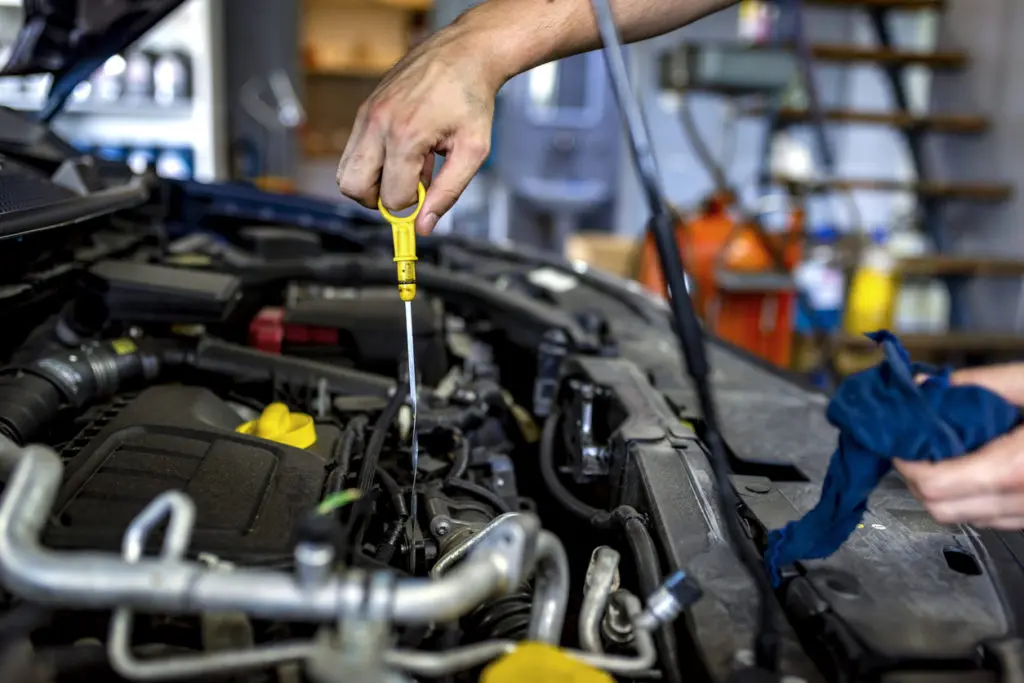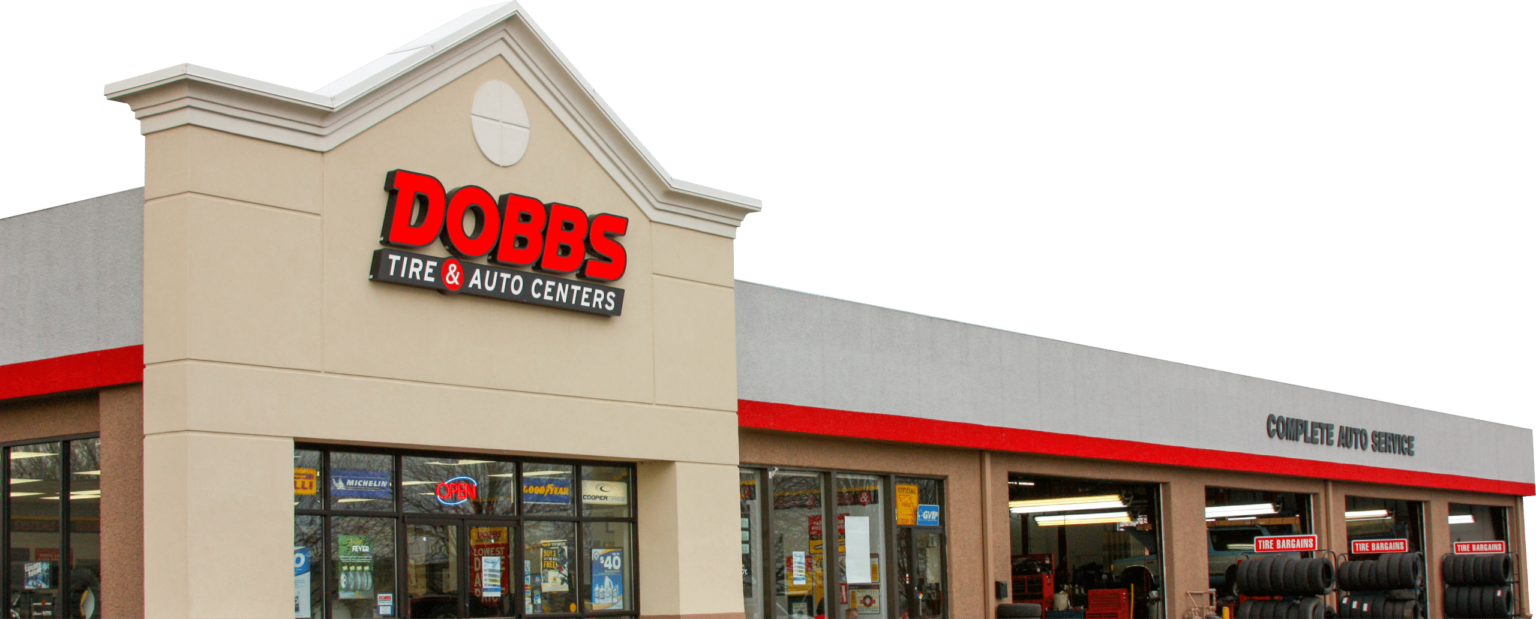Top 7 Preventive Maintenance Tips to Keep Your Car Healthy
A healthy car is a lot like a healthy person. To keep your body fit and healthy, eat the right foods, get some exercise, and visit your doctor and dentist for regular checkups. A little “preventive maintenance” never hurt anyone! Doing the same with your vehicle will help you keep it in good shape for longer, but where do you begin?
1 – It’s All There in the Manual
There are general rules of thumb for basic preventive maintenance, but the best place to start is by actually reading the owner’s manual for your vehicle’s make and model. A restored 1967 Mustang has different needs than a 2015 Mustang, and they both differ from a 15-year-old BMW 3 Series.
If you don’t have a manual, download one. You can find just about every manual you’ll ever need online. The owner’s manual will advise you on all the basics.
2 – At Your Service
Every car needs regular service – it’s the easiest and best way to keep your car’s health up. Again, the recommended service intervals, such as oil changes and drive belt checks, will be in the user manual.
This will cost a bit of cash up front, it’s just not worth it to skip preventive maintenance. Your technician can often catch a small problem before it becomes a big one. A professional service provider will make sure filters that need replacing are replaced, oil changes are done when needed, spark plugs and fuel injectors are properly maintained… and the list goes on.
3 – A Weekly Checkup
On average, you’ll fill up your tank every week or so, and most of these things can be dealt with easily enough at a gas station. If you drive a lot and fill up more often, do these checks every time you do. If you only fill up once a month, do these checks every other week.
Check your tire tread depth. Tires have tread indicators that show when the tread is wearing thin, but you can also check this with a regular penny. Insert the penny with Lincoln’s head upside down. If you can see his whole head, it’s time to change the tires.
Check your tire pressure. This varies from car to car, so check the owner’s manual or Tire and Loading label on the driver’s door jamb for the recommended pressure. Most filling stations will have a place to check and refill tires, or you can buy yourself a pressure gauge and pump quite cheaply.
Check your fluids. You can buy many of these at the gas station. Your car runs on fluids – gas, oil, transmission fluid, brake fluid, antifreeze, coolant and power steering fluid. Everybody knows how to check the gas levels, but do you know how to check the rest? Here, once more, your owner’s manual will come in handy. Some tanks will be clear enough to see right through, while others will have dipsticks or other gauges to use as an indicator.
4 – Know Your Fluids
You don’t necessarily need to top these off yourself, but knowing how to check the levels is going to save you a lot of heartache (and headaches). If your fluid is running out faster than it should, check for leaks. If you can’t find one, have your mechanic check. If there is a leak, deal with it immediately. Without preventive maintenance, small leaks become big problems faster than you can imagine.
Familiarize yourself with what they should look like, as well. Oil at the full mark is no good if the oil has become thick and sludgy, so it may be time for an oil change. If it looks like it’s getting muddy faster than it should, this might be telling you there’s an engine problem.
5 – Tighten Your Belt
Timing and other belts need regular replacement to ensure they don’t break – preventive maintenance won’t leave you stranded. Don’t trust conventional wisdom on how often that’s needed, though, because all cars differ. Your owner’s manual will give you the recommended replacement mileage for your car’s belts and your mechanic will be able to give them a once-over to give you an idea of how worn they are.
6 – Use Your Senses
Keep your eyes and ears open. It’s great to drive along with the radio playing, especially if you drive a lot or have a long commute, but every so often – maybe once a week for heavy drivers and once a month for infrequent drivers – turn off the radio and listen to your car. Get to know how it should sound, and you’ll quickly pick up on it if something changes.
Watch fuel economy and fluid consumption. If nothing about your regular routine has changed, but your car suddenly starts using more gas, oil, or other fluids, there might be something wrong.
Watch your temperature. If the car’s temperature is higher than normal – you were paying attention before, right? – or if it starts overheating, there’s a problem that needs dealing with. It could be something as simple as replacing the seal on the coolant tank, or it could be something serious.
Watch your emissions. If your car starts billowing smoke, there’s a problem! You might also not see anything, but if the smell of the car changes – if you can smell gasoline or smoke – there might be a problem.
7 – A Note on Additives
While it’s tempting to try just about anything to improve your fuel consumption, you should know that most fuel additives don’t really do much for your car. In modern cars with engine management systems, it may actually do more harm than good.
The engine management system is already designed to be as efficient as possible, and additives may actually interfere with it. At most, consider using fuel injection cleaning additives – if your car is fuel injected – but only if the injectors actually need it.
Preventive Maintenance Will Help Your Car Last Longer
By taking an active role with preventive maintenance, you’re going to help extend the life of your car significantly. You could potentially cut back on fuel consumption, and you’ll definitely cut back on repair costs, not to mention the convenience of being able to plan your routine vehicle services, rather than the inconvenience and cost of unexpected breakdowns.
Dobbs Tire & Auto Centers is Here to Help
Make sure you have a trusted mechanic who won’t try to pull the wool over your eyes. At Dobbs Tire & Auto Centers, we pride ourselves in delivering an honest assessment of your car’s preventive maintenance needs. Dying to find out for yourself? Here are some questions you should ask your mechanic before they even touch your vehicle.

